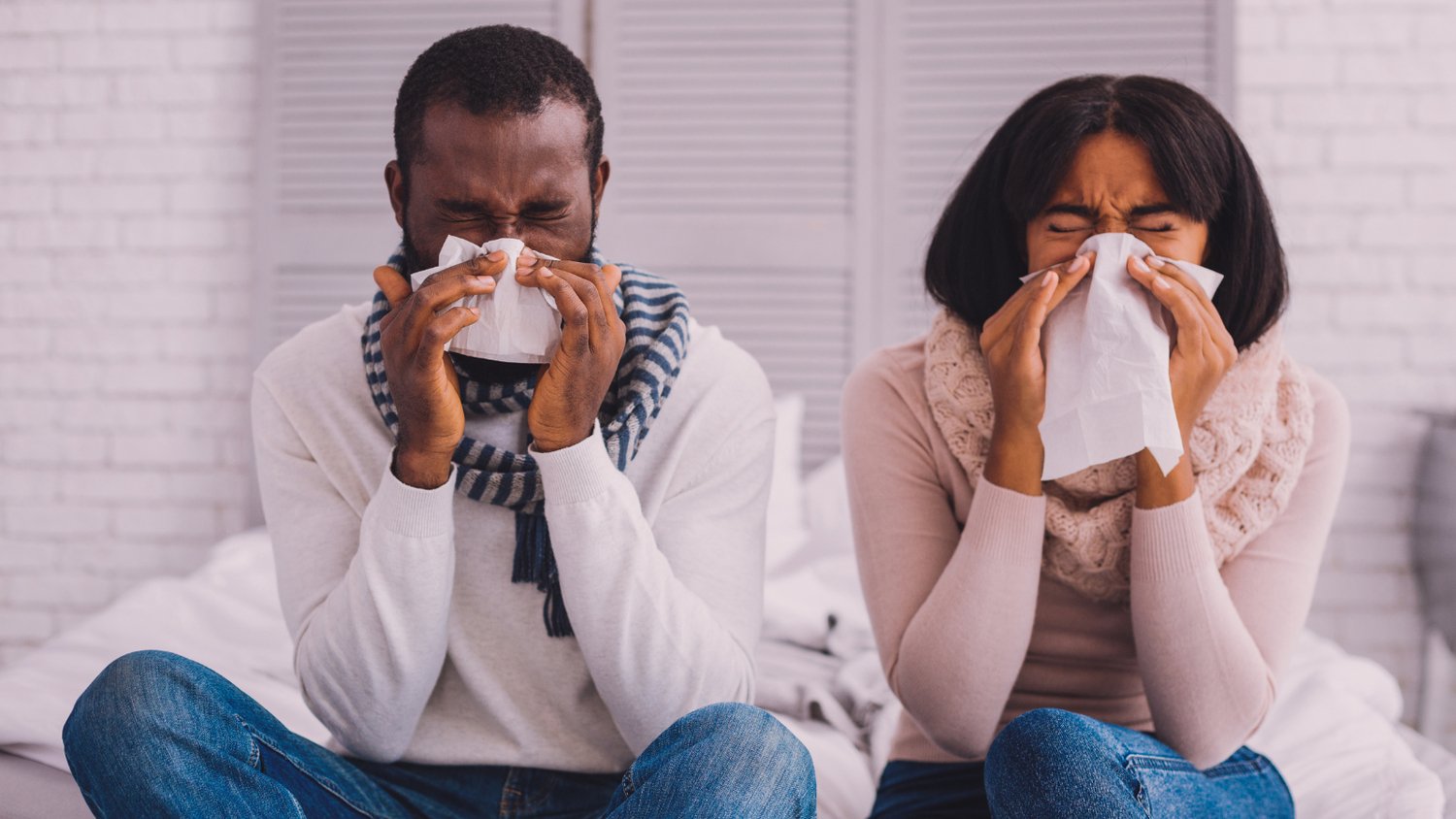The Ideal Humidity Level for Your Home
As Massachusetts residents know, humidity levels in the summer can be brutal. Thankfully, there are ways you can keep your home comfortable despite the steamy weather outside.
What is the ideal humidity level?
According to the EPA, the ideal relative humidity for your home should be between 30%-50%. Any level in this range is essential for you and your family's health. However, you may want to keep humanity levels on the lower side for your comfort. The more humidity in the air, the warmer it feels in a room. Keeping the humidity down will allow you to keep the room temperature a little warmer and therefore save money on your electric bill. Not sure what temperature is right for your home?
How do I find out what my home's humidity level is?
There are a few ways to test your home's humidity. A quick and informal DIY trick is referred to as the ice cube test: Place two ice cubes in a glass, add water, stir, and then wait three to four minutes. If water has condensed on the glass, you should look further into your home's humidity levels.
If you are looking for a more accurate test, consider purchasing a hygrometer for your home. This tool is also an excellent asset for home humidity maintenance.
The most accurate option is an indoor air quality test. This method is the best way to know exactly where the humidity is coming from and how to remedy it. Sometimes there can be undetected leaks in the home where outdoor humid conditions can leak in. This test comes with the added benefit of testing for dangerous chemicals that may be present in your home.
Why does humidity matter?
While comfort is a big reason to maintain healthy humidity levels, there are other health and structural factors to consider. Here are three reasons why home humidity levels matter:
Moisture = Mold
When humidity is high, it creates a perfect environment for mold and fungus growth. Mold tends to form in areas of the home with a lot of moisture, such as bathrooms and laundry rooms, but can also be found where seals are weak and where there is deterioration around doors and windows.
Home Damage
Moisture in the air can deteriorate the structure of your home. Many older homes have water damage simply from high humidity levels. If you want to maintain the structural integrity of your home as well as its market value, keeping humidity low is essential.
Risk of Illness
Humidity causes spores in the home that can be dangerous to your health. When mold and fungus are present, respiratory illness is more common. The Mayo Clinic recommends measuring humidity levels, especially for those with allergies and asthma.
What steps can I take to reduce humidity?
The key to keeping your home safe and comfortable is testing your humidity levels. If your humidity levels are too high, we recommend improving ventilation in your home. You can improve ventilation by maintaining clean and unobstructed air ducts and vents, changing your filter regularly, and using exhaust fans in the kitchen and bathroom. Regular maintenance is important. Installing a dehumidifier can help rectify high-humidity levels as well.
Are you still feeling uneasy about the humidity levels of your home? Contact our trusted and certified team of HVAC professionals at Total Temperature Control for more help.
Whether you need 24-7 emergency service or a solution to improve your indoor comfort—at home and work—call us at 781-224-2400 or submit a convenient contact form.
If this article was helpful to you, please share it!


